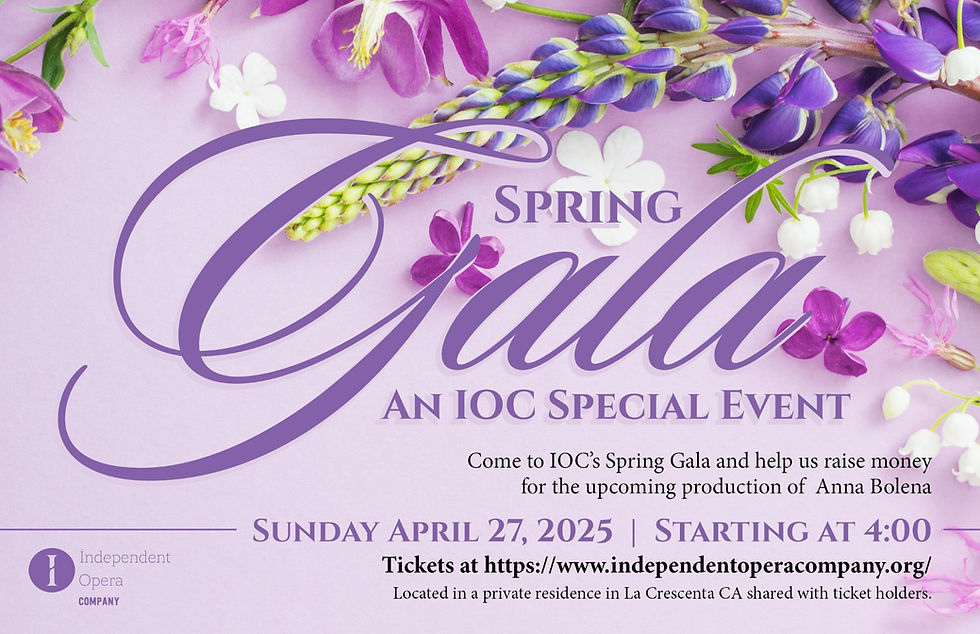Some interesting facts about "The Love for Three Oranges"
- Galina Barskaya

- Jun 16, 2023
- 2 min read
Updated: Jun 22, 2023

The libretto for the opera was written in Russian by Prokofiev himself, and for the premiere in Chicago it was translated into French. The English had to be abandoned, because the composer had a very poor command of it. But he did not have the courage to stage a performance in his native language - the American audience was then not ready to listen to Russian-language opera.
Before the performance, the composer was very nervous. Prokofiev was afraid of being misunderstood, because he created a very optimistic work on a funny plot in the difficult revolutionary years. The Russian audience saw "Love for Three Oranges" only in 1926 at the request of the Soviet government. During the years of Leonid Brezhnev's rule, there were two unacceptable operatic works in the Soviet Union. These are "The Tale of the Golden Cockerel" by N. Rimsky-Korsakov and "The Love for Three Oranges" by S. Prokofiev. And all because the elderly leaders were afraid of parallels with the narrow-minded old rulers from these works. In the creative heritage of Prokofiev there is another work called "Love for Three Oranges". This is a small orchestral suite created on the basis of music from the opera of the same name. It consists of six parts: "Eccentrics", "Infernal Scene", "March", "Scherzo", "Prince and Princess" and "Escape". Before the premiere of the opera, Prokofiev received an offer from the owner of an orange plantation to advertise his products. After the first production, Prokofiev asked his close friend, composer M. Ippolitov-Ivanov, for an opinion on his work. He did not say anything, and the next morning Sergei Sergeevich received a note in which his friend admitted that he only loves oranges in pictures. The scores for the premiere of the play were published by the oldest music publishing house Breitkopf & Hartel. The Leningrad Opera House planned to go on a grand tour to Paris with Oranges, but this idea was not destined to come true. Director Sergei Radlov compared "Oranges" with a frisky girl who fell into an environment of serious and grown-up people. The opera "Love for Three Oranges" was the first work of Prokofiev in the comic genre.
Tickets are available at https://www.eventbrite.com/e/independent-opera-company-presents-the-love-for-three-oranges-by-prokofiev-tickets-633423967137




























Comments